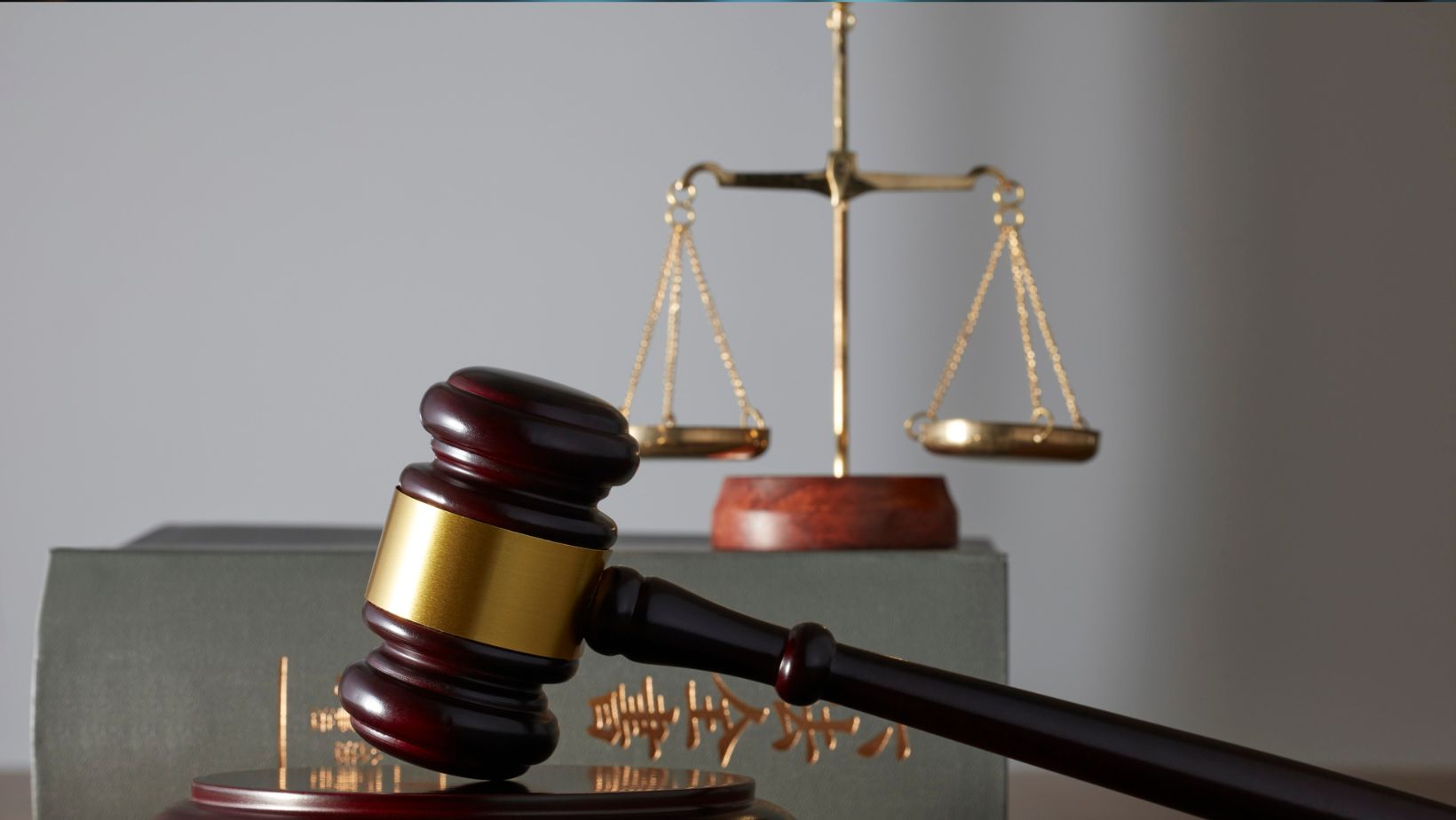
Consider a scenario where a company discovers that a company executive, loathed by some stakeholders, has relocated several million dollars into overseas accounts a week before a trial is set to begin. Things like that might not be there when the court makes its choice. A freeze order is very important in this case.
This is a strong court order that keeps things from being moved or sold. Freezing injunctions keep the court system honest by making sure that a winner doesn’t get anything for their win. Claims of attorneys being some of the most powerful figures in the courtroom are a dime a dozen.
The Leading 10 Critical Scenarios
- Fraud and Embezzlement Suspicions: When theft is proven, like when someone lies about their finances or puts money in their own bank accounts, courts are quick to think about freezing assets. Thieves may send money abroad if no one steps in, leaving claims with few choices.
- Evidence of Asset Dissipation: An attempt to stop future action could be a sudden sale of property, a transfer that doesn’t seem right, or the quick liquidation of shares. When assets are frozen, the value loss stops before it’s too late.
- Imminent Insolvency: When someone owes a lot of money and starts selling things to get ready for bankruptcy, the courts can step in and stop them. Creditors can be sure that they will get their money back with freezing injunctions.
- International Asset Mobility: It’s easy to send money from one country to another now that we have a global banking system. There are some risks that come with trusts, offshore agreements, and bitcoin wallets. A freeze order can stop assets from being moved before they are sent to a country that the owner doesn’t know about.
- Breach of Contract with High Stakes: The wronged party may have to freeze some assets immediately, particularly if there is some kind of breach involving large sums of money, such as when a dealer absconds with goods or payments for goods and doesn’t deliver anything in return. This prevents the other party from trying such a trick to help the judge decide in his or her favour while the case is pending.
- Partnership or Shareholder Disputes: In business, especially at the top echelons, some individuals might intentionally endeavour to make the other side surrender some money or assets for some strategic advantage. A freezing order keeps the business safe until the main dispute is resolved.
- Failure to Comply with Court Orders: For the breach of unilaterally set rules of the court and unilaterally set payments, some kind of punishment period is usually appropriate. Even when people are in breach of court rulings in the most severe and obvious manner repeatedly, the most severe punishment of asset freezing is often the case.
- Evidence of Dishonesty or Evasion: In most cases, the person who employs nominee directors, who uses or sets up a shell corporation or otherwise operates with deceit to disguise who the real owner is, operates from a viewpoint of bad faith trust. When lying means there is a chance to get away, courts act quickly.
- Pre-emptive Action in Cross-Border Disputes: In the case assented to, parties holding assets in different jurisdictions may, on the other hand, apply for freeze relief at the earliest stage to ensure that the order is capable of enforcement globally. People can use this time to work on mirror apps while they are away.
- Protection Against Third-Party Involvement: They might try to hide their money by giving it to family or friends. In some cases, freezing injunctions are of benefit to the prosecutor or the other side as well as the counsel for the defence. This guide is about the manner in which one may obtain a freezing order for complex situations involving additional proof and other strategies.
Recent Legal Developments
About ‘freezing injunctions’, the courts have to balance the ‘Case of a good arguable’ with ‘Dissipation of the subject matter’ and the ‘Final relief’ being wound up in just and convenient terms. Every argument must be plausible.
- The FCA remains abnormally vigilant with regard to crypto, evidenced by 2024, when it sent out 2,240 AMC Alerts and Oversight Orders and Promotion Slips, a record 19,766 promotions. This reflects that, about disputes and remedies, supervision is never relaxed.
- The continuous NCA record of 24 disruptions against high-harm threats of fraud in 2023–24, like arrests, account-freezing orders, and asset seizures, reflects the circumference of national operations. These disruptions are cash flow positive.
Conclusion
There are instances where the stakes are exceptionally high and the appeal court is left with no option but to make use of its powers and issue a freezing injunction. It is one of the most effective methods to ensure compliance with the law. They prevent suspects from transferring assets for the purpose of manipulating the courts, either through fraudulent activities, deception, or the removal of assets to foreign jurisdictions.







